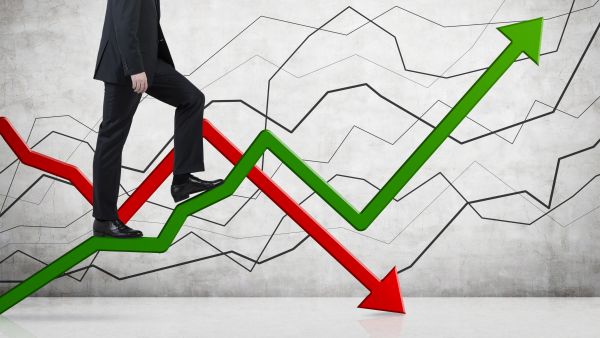1. Is 2014 the year when we ‘forget’ about the economic crisis and start a new growth cycle? Give us your personal opinion about the evolution of the Romanian economy in 2014 and beyond.
2014 might be the year of economic restart. This time, much better planned and thought, giving the fact investors and managers are not as enthusiastic as they were a decade ago. Everybody is far more cautious, looking for proofs of success first and then committing themselves. This will require much more work from the point of view of vendors and suppliers and a change in the way that projects are built and deployed – e.g. all organizations are looking for short term projects or for projects that could bring clear benefits after the first 6 months.
On top of that, it looks like we are much more EU integrated, Romanian companies start acknowledging the fact that acting in this market means they should keep the appropriate cost balance. Therefore, we are going to see more and more local companies that are delivering projects and more and more European experts that are willing to work with Romanian tariffs. Another important factor that differentiates the present moment from ten years ago is the fact that our market has built a lot of expertise in various business verticals and we have also successfully developed a highly competent pool of IT resources; therefore, we have started exporting our services abroad, which will further increase the qualified resources available on our market.
2. What will the next cycle of growth look like compared to the previous one? What has changed? What are the lessons we should not forget, in order not to repeat the mistakes of the past? How will the ‘new normal’ look for the Romanian economy?
Generally speaking, everything has changed: we have approximately 2 million fewer active people, therefore the consumption might be less.
Unfortunately, also the money inflow from abroad is probably smaller due to the global crisis. Much of the basic needs have been fulfilled, technology is becoming more and more a commodity, we have all improved our financial know-how, governmental institutions are by far more active and have started producing results in cleaning up the economy. My view is that we will continue to increase consumption as we are still far away from the European average but in a much healthier way, the credit will be in the local currency and it will be used better. How does the ‘new normal’ look like? This is very hard to foresee. We still have the chance to become one of the best economic surprises in Europe, provided that we look after our national interest first.
3. Does Romania still have a future potential to attract FDI or do we have to ‘manage’ with internal resources?
There is no question about it; yes, the FDI will continue. Here is the eternal question - what was first: the hen or the egg? Or how is the risk managed? If we start to grow, the FDI will be abundant – as investment is primordially a trust issue; therefore, those who are first will benefit the most. I think that a lot has already been invested, but we cannot see it, as these investments went towards real estate assets and land; now the next wave is approaching.These assets need to start producing revenues, therefore they will attract more investments. It is also in the Romanian government’s power to boost that by facilitating the investments and nonetheless by accelerating the infrastructure development.
GLOBAL BEST PRACTICES FOR LOCAL CLIENTS
4. Which are the most important changes you have made in your business over the past years to help you grow in the future?
We are much more flexible and inventive. We are concentrating on our core capabilities, and we are involving our partnerships network more and more in business development. We have to reach the point when the SAS partnership potential is by far bigger than the sum of each individual partner’s potential and we are willing to change as many times as required for this. I am also paying a lot of attention to the internal team.
Giving the fact that success lies within us, it is important to believe that we are the best - and we are, indeed.
5. How do you see the priorities and opportunities for your business in 2014 and beyond?
The priorities for SAS are to consolidate our position in the analytical software area, grow our footprint with our current clients in banking and telecom and open new verticals like manufacturing, insurance and retail.
Our focus will be on the blue chip companies - as in the present - but we are also actively looking for the medium highly dynamic companies that do not have time to learn from their own mistakes and therefore take the analytical shortcut to optimization from an early stage.


































